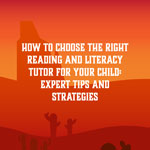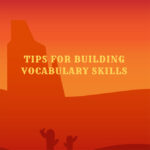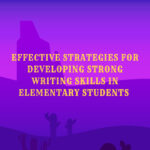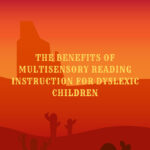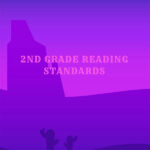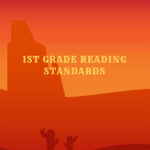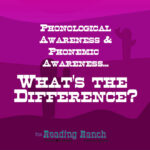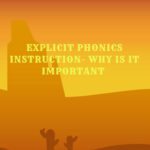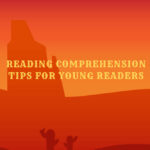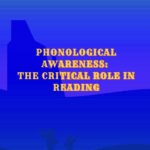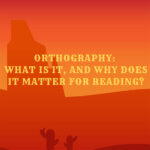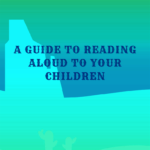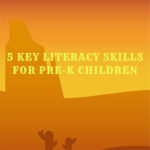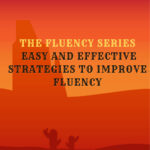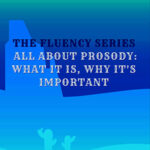First Day of Kindergarten: A Smooth Transition for Excited Little Learners
The first day of kindergarten is a significant milestone in a child’s life, marking the beginning of their formal education journey. Parents and children may feel excitement, anticipation, and anxiety as they prepare to embark on this new stage.
Effective Strategies for Developing Strong Writing Skills in Elementary Students
Developing strong writing skills is an essential part of elementary education. Writing is not only a tool for communication but also a means of self-expression and learning. However, many students struggle with writing, and it can be challenging…
The Benefits of Multisensory Reading Instruction for Dyslexic Children: A Proven Approach
As awareness surrounding dyslexia grows, educators and parents alike have searched for effective strategies to help children face this challenge. One particularly beneficial approach is multisensory reading instruction.
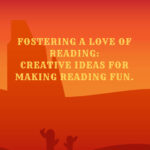
Fostering a Love of Reading: Creative Ideas for Making Reading Fun
Reading is an essential skill that is crucial for academic success and personal growth. However, encouraging children to read can be challenging, especially in today’s digital age, where screens often dominate our attention.
Tips for Better Comprehension
There are several characteristics we associate with good readers and good comprehension skills. Understanding the message the author is trying to share when you read is essential, and we call this comprehension. If young readers can’t understand what an author is saying…
The Critical Role of Phonological Awareness in Reading Education
Phonological awareness is one of the most critical aspects of reading education. It is the ability to hear and manipulate the individual sounds that make up spoken words. Phonological awareness skills are essential for learning to read…
Orthography: Why does it matter for reading?
You’re not alone if you’ve ever wondered about the connection between spelling and reading. The field of orthography—the study of letters and letter combinations in a language—can seem confusing at first glance. However, orthography is a critical component…
Decoding and Reading Instruction
Decoding is the ability to apply knowledge of letter-sound relationships, including knowledge of letter patterns, to pronounce written words correctly. Decoding involves translating print into speech by rapidly matching a letter or combination of letters to their letter sounds (phonemes)…
What To Expect From a Third Grader’s Writing
The writing skills of third graders, like all aspects of literacy, differ. In general, third graders must learn to extend their writing. In contrast to first and second grades, when they may have written 1-2 sentences and perhaps a short paragraph in 2nd Grade




